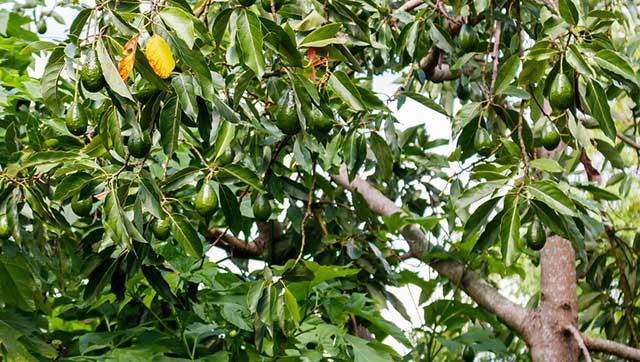How do you instill a sense of place and understanding of the importance of sustainability when you can’t take students out to see these ideas at play in the “real world”?
The question is especially challenging for University Colloquium, a required course for all undergraduates that relies heavily on field trips, experiential learning and service projects. While instructors realize the 200 field experiences offered each semester cannot be replicated as effectively through remote means, they are pulling together virtual field trips and other resources to try make the best of the current situation and ensure that Colloquium continues its mission.
As those who teach the course point out, they’ve always had some web-based resources for students who are unable to physically join classmates on nature hikes at CREW Land Trust or tours of historical landmarks in downtown Fort Myers — if they’re studying abroad or have adaptive needs, for instance. But faculty have had to scale up and think more creatively and more flexibly now that all students are learning online.
“For experiential education, virtual is never the same experience as when you’re standing chest deep in a cypress swamp,” said Brenda Thomas, director of University Colloquium. “We are typically in sections of 25 students face-to-face on a bus going out into the community to put classroom lessons in real-world settings. It’s a shared experience. We have to be adaptable now. We’re doing the best we can until the dust settles.”
About 20 faculty members, adjuncts and others teach Colloquium each semester to about 1,000 students. Since remote teaching began in mid-March, instructors have been hunting down and sharing resources through Canvas. They’ve collected virtual field trips to FGCU’s own Food Forest as well Corkscrew Swamp Sanctuary in rural Collier County. They’ve found educational videos about Florida’s cattle and commercial fishing industries and the ecological importance of mangroves and seagrass.
As part of the lesson plan, students complete questionnaires or write reports based on what they learned online.

From park service YouTube videos to WGCU Public Media productions, there’s a lot of online content that can be adapted into virtual field trips, according to integrated studies instructor Jennifer Macbeth, who teaches Colloquium.
“We have to recognize that it’s ‘progress, not perfection,’” she said. “It may not be exactly the same as going there, but students will continue to grow and learn by doing this. We have a lot of nontraditional students or students with disabilities who may not be able go to the usual sites, so this is not completely new to us. But the scale is.”
Fortunately, online resources are widely available and helping to fill the gap.
One example shared in Canvas takes participants on a 25-minute online tour of the ECHO Global Farm in North Fort Myers, introducing students to some of the crops and techniques promoted there to help subsistence farmers around the world provide for their families. After watching the video and exploring the nonprofit organization’s website, students are asked to reflect on what they learned and address questions such as:
- What populations does ECHO serve? Where are they? What services does ECHO provide them and why is that important?
- The “duck and tilapia system” and the pig “deep litter system” both “recycle inputs.” Select one of these systems and explain how it works. What does it mean to recycle inputs? How do these systems address sustainability?
- The goats on the farm are part of a “zero graze” process. What are the benefits of caring for the goats this way? Reflect on this system. Are there downsides?
“We are looking to see what’s available online and developing content for field trips around that,” Thomas said. “There’s a lot on YouTube. A lot of places like state parks have videos of their facilities. Now that we’re looking ahead to summer, we are expanding the search.”
One of her students this spring, Honors College senior Kerry Wallerius, said Colloquium was one of her favorite classes in the semester, even considering the shift to remote learning and virtual field trips.
“Although I was excited for the opportunity to go physically, I am grateful that we were able to participate virtually instead of it being cut all together. I’m a visual learner, so this really helped me out as it also related to whatever chapter we were learning that week,” she said. “I enjoyed the way Brenda taught this class and when it went online, I was even more impressed on how she changed the structure to help benefit us.”
A psychology major from Ponte Vedra Beach, Wallerius feels passionate about leaving the environment and the planet in better shape than she found it and believes Colloquium helps students learn the consequences of everyday actions. She also learned how to relate sustainability to her field of study, which helped her with her final research paper.
“I have good intentions, but it’s hard to know the areas where you can be improving if you’re not educated in the field,” she said.
“I am thankful for FGCU incorporating this class into our curriculum. Even with the transition, I found Colloquium still very enjoyable,” Wallerius said. “I learned a lot, such as all the components that make up sustainability and sustainability’s three P’s — people, planet and profit. Sustainability is more than just how we can live a more environmental-friendly lifestyle, but also how we can think five steps ahead in terms of conserving our resources.”